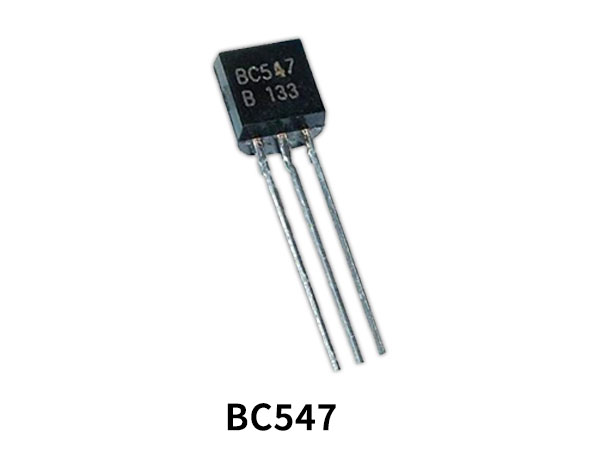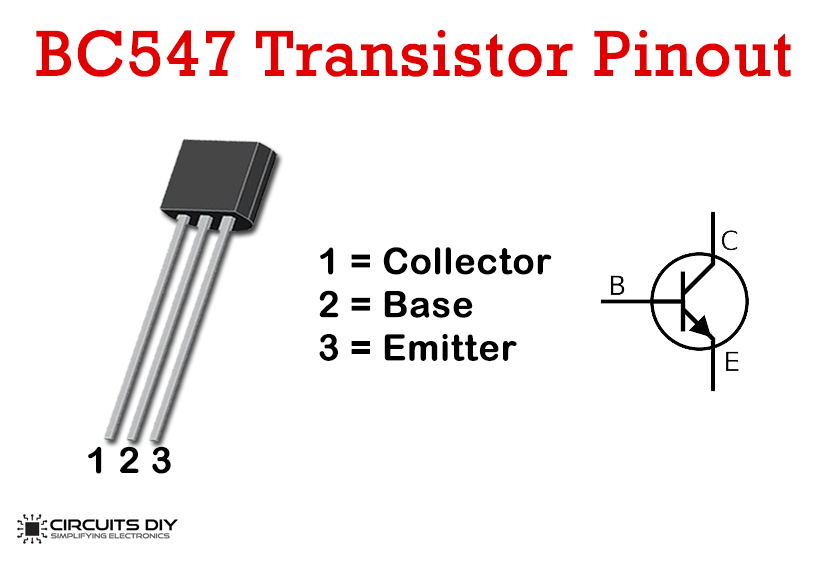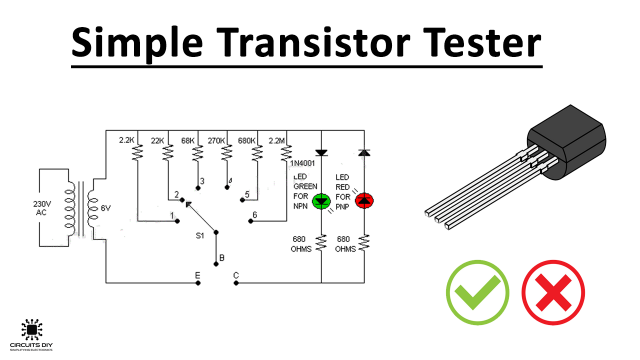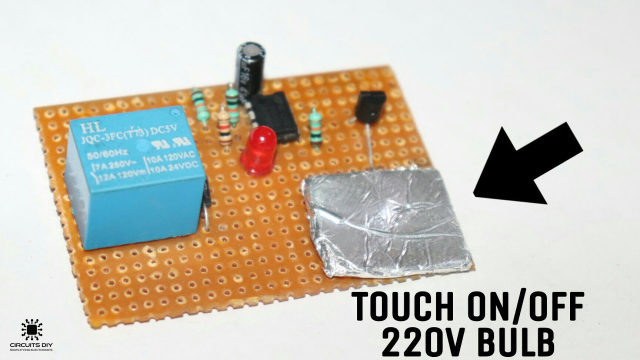Heat Sensor circuit has numerous applications in our daily life including in companies, industries, shopping malls, and residential areas for different reasons. The main reason behind this is to prevent anything from fire accidents and improve the security system.
The simple heat sensor circuit works as a warning alarm as the temperature exceeds the safety level. On the basis of operation, the heat sensor has two categories. They are “rate of rising of heat detectors” and “fixed temperature heat detectors.” Furthermore, the heat sensor is mainly classified into groups which are analog and digital heat sensors.

Hardware Components
The following components are required to make Heat Sensor Circuit
| S. NO | Components | Value | Qty |
|---|---|---|---|
| 1. | Breadboard | – | 1 |
| 2. | Battery | 9v | 1 |
| 3. | Connecting Wires | – | 1 |
| 4. | NPN Transistor | BC547 | 1 |
| 5. | POT | 10K ohm | 1 |
| 6. | Buzzer | – | 1 |
| 7. | Thermistor | 10k | 1 |
BC547 Pinout

For a detailed description of pinout, dimension features, and specifications download the datasheet of BC547
Heat Sensor Circuit

Working Explanation
The simple and easy definition of the Heat sensor circuit is a device or an element that observes the changes in heat. In case any heat exceeds the defined value of the heat sensor then the sensor generates a signal for alerting a protection system to avoid any kind of accident. In the heat sensor circuit, the NPN transistor BC547 acts as a switch. It turns on a Buzzer whenever the temperature exceeds the limits and vice versa. The base of a transistor gets biased with the NTC thermistor along with the variable resistor whereas the buzzer is connected to the output of the transistor. The variable resistor decides the threshold value of temperature. When there is no heat the resistance of a thermistor is maximum and a transistor is off. When the circuit, detects heat the resistance of a thermistor decreases and the transistor switches the Buzzer On.
Application
- Industries
- Shopping Malls
- Residential Areas













